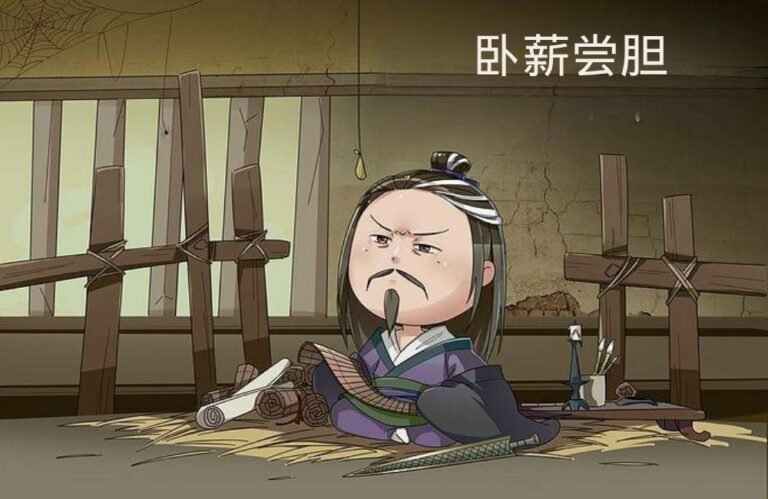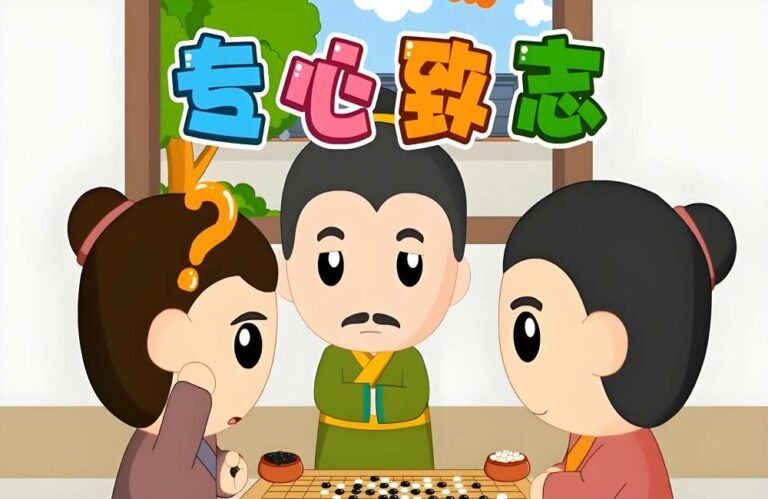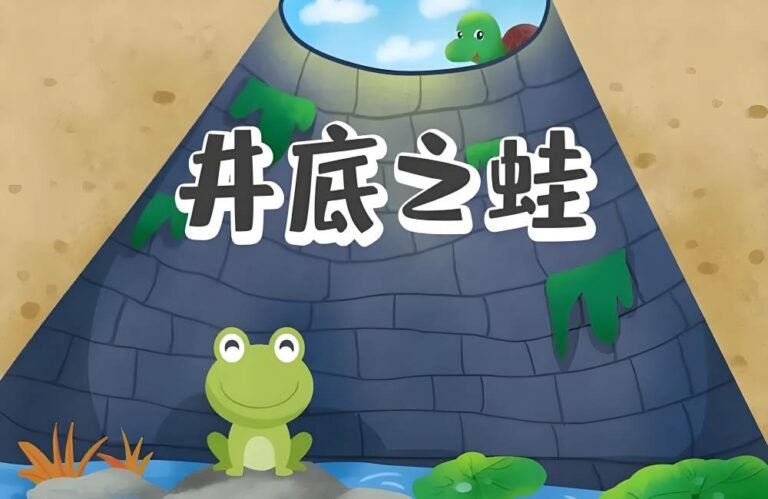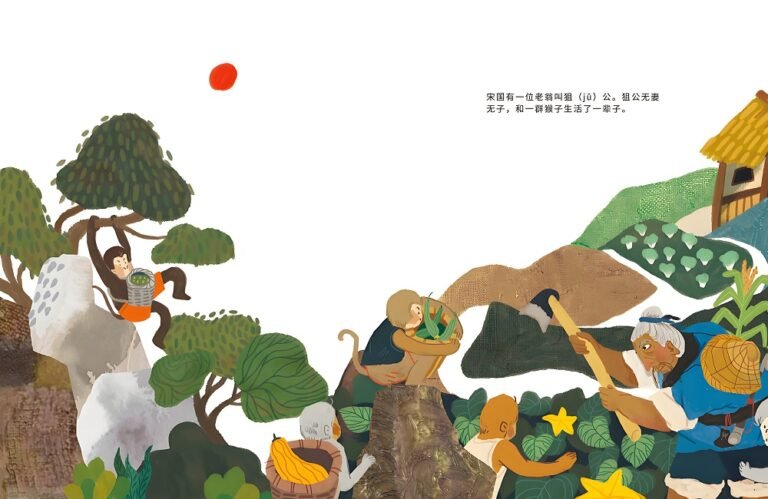Chinese idiom – 明察秋毫 míng chá qiū háo
“Mingcha Qiuhao” is a Chinese idiom derived from ancient Chinese literature, which describes a person with keen eyesight who can discern the tiniest details. This idiom is often used to praise someone for their strong observation skills and ability to notice details that others overlook.
Although there is no specific story directly associated with the idiom “Mingcha Qiuhao,” its meaning can be understood through its origin and context. The idiom first appeared in “Mencius · Liang Hui Shang Wang,” where it reads, “The eyes are bright enough to discern the finest hairs of autumn animals, yet fail to see a cartload of firewood.” Here, the contrast between the tiny hairs of autumn animals and the obvious cartload of firewood emphasizes the keenness and meticulousness of observation.

In practical application, the story of “Mingcha Qiuhao” can be used symbolically to describe people or situations that exhibit keen observation and attention to detail. For example, a detective who solves a complex case through careful observation and reasoning can be described as having “Mingcha Qiuhao,” able to discern clues overlooked by others. Similarly, a scientist who discovers an important scientific phenomenon through keen observation can also be praised for their “Mingcha Qiuhao.”
Final Thoughts
In general, the story of “Mingcha Qiuhao” is a symbol and parable that emphasizes the importance of observation and attention to detail. It reminds people to focus on the small things in life and work, and to be good at discovering and solving problems.






